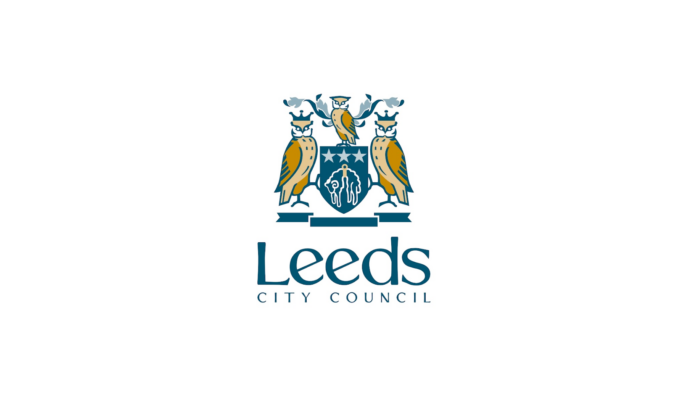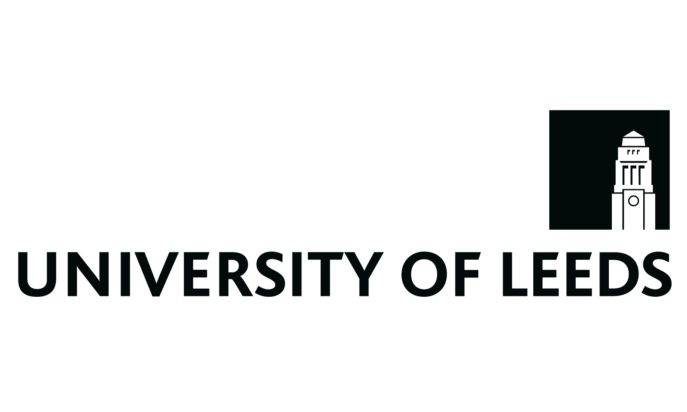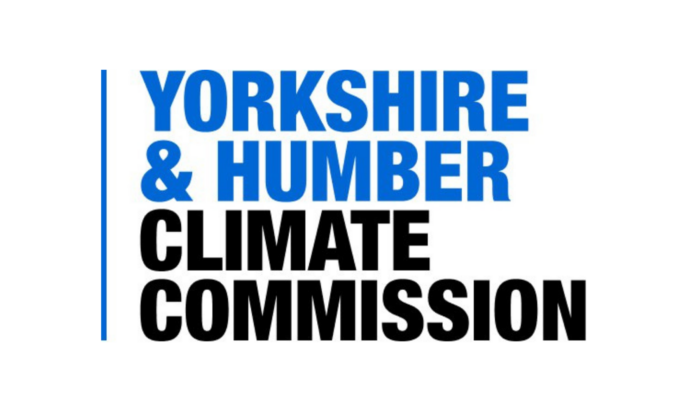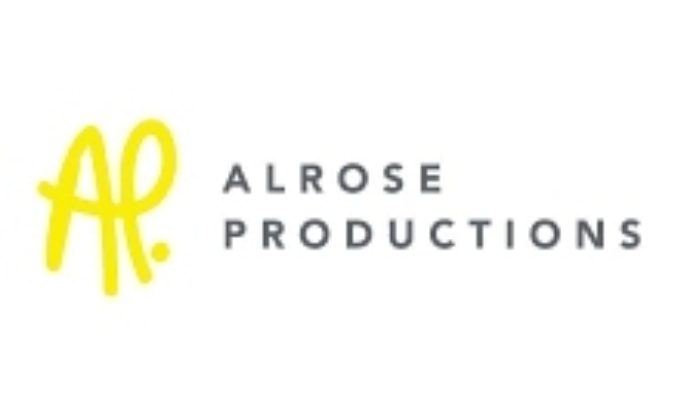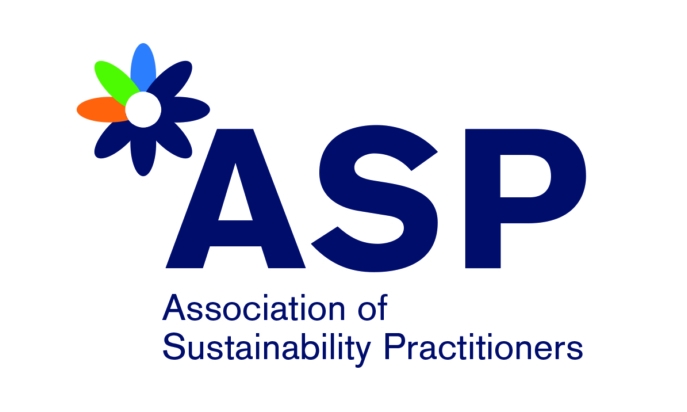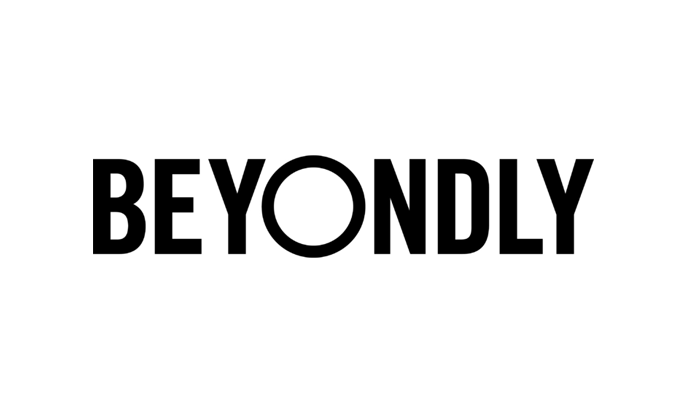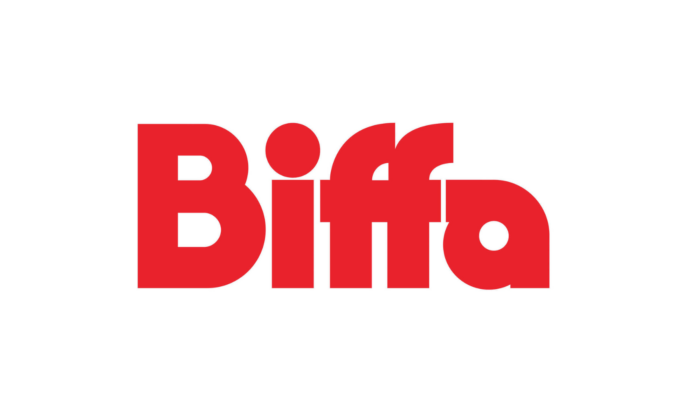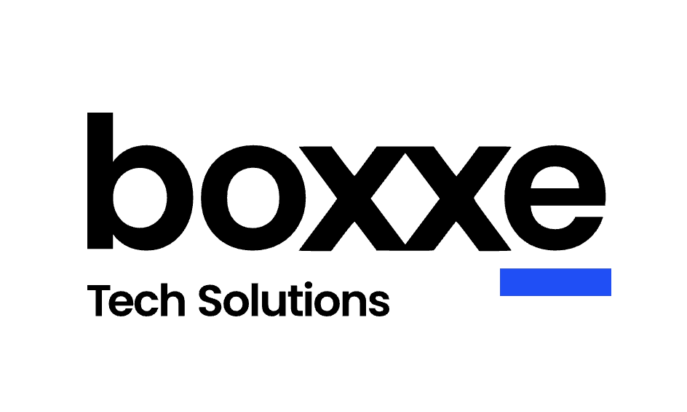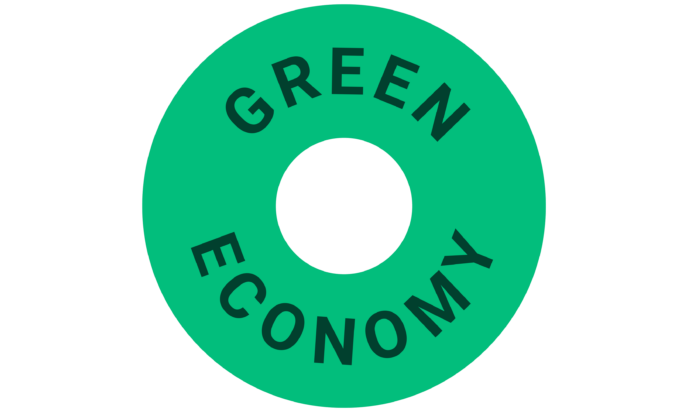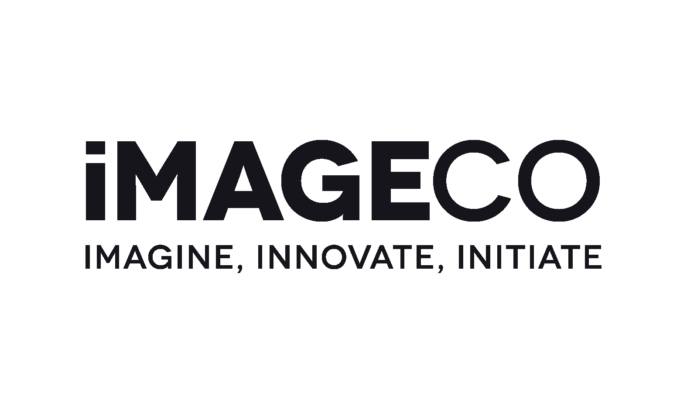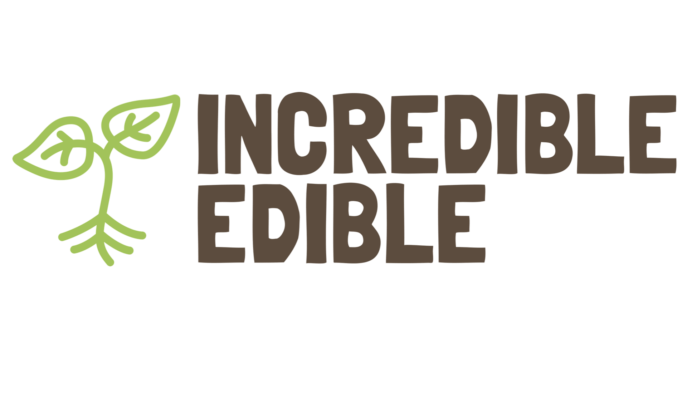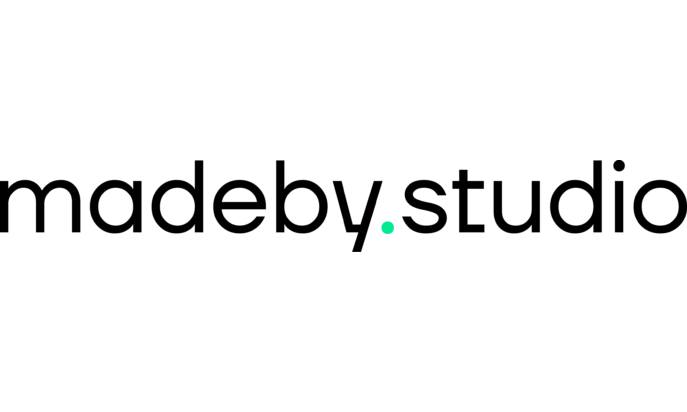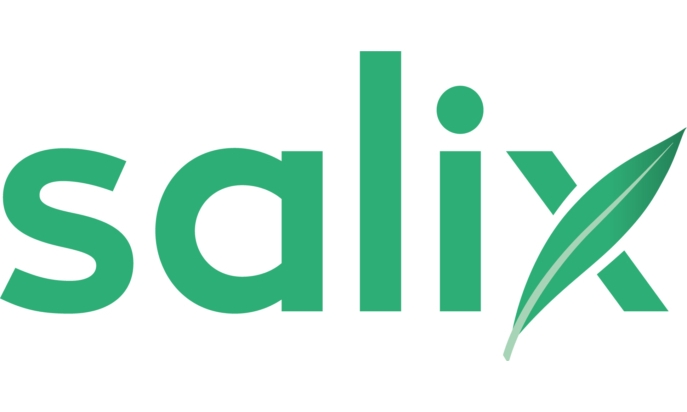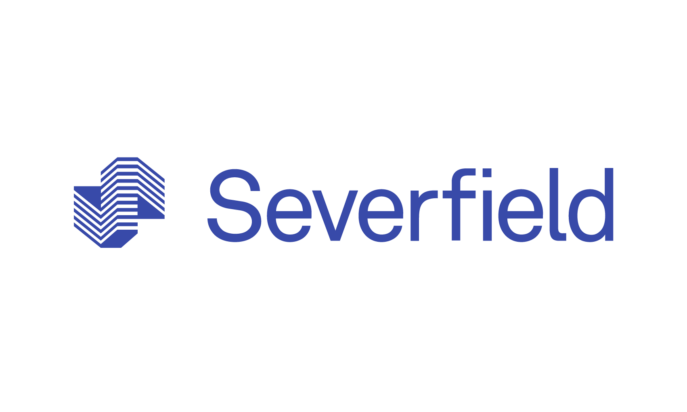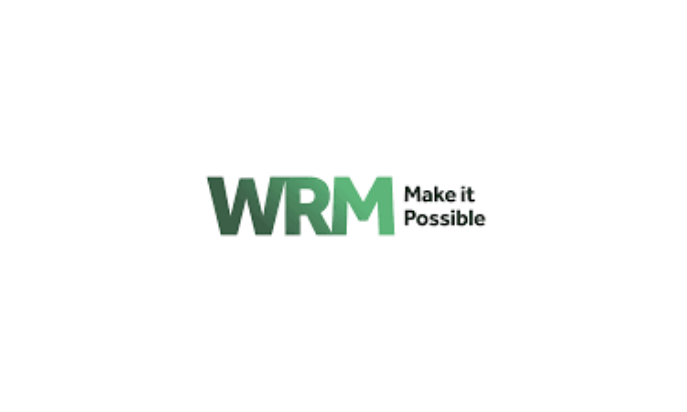What does Doughnut Economics mean for businesses?
Thursday 08 June

What is Doughnut Economics?
Think of Doughnut Economics as a compass for human prosperity in the 21st century. The aim is to meet the needs of all people within the means of the living planet. The ‘Doughnut’ consists of two concentric rings: a social foundation, to ensure that no one is left falling short on life’s essentials, and an ecological ceiling, to ensure that humanity does not collectively overshoot the planetary boundaries that protect Earth’s life-supporting systems. Between these two sets of boundaries lies a doughnut-shaped space that is both ecologically safe and socially just: a space in which humanity can thrive.
The starting point of Doughnut Economics is to change the goal from endless GDP growth to thriving in the Doughnut. At the same time, begin economic analysis by seeing the big picture and recognising that the economy is embedded within, and dependent upon, society and the living world. Doughnut Economics recognises that human behaviour can be nurtured to be cooperative and caring, just as it can be competitive and individualistic. It calls for turning today’s degenerative economies into regenerative ones, and divisive economies into far more distributive ones. Lastly, Doughnut Economics recognises that growth is a healthy phase of life but nothing grows forever and things that succeed do so by growing until it is time to grow up and thrive instead. This has profound implications on business and finance.
So what does this all mean for businesses?
Doughnut Economics calls on businesses to demonstrate how they are going to transform so that they will belong in a future that is regenerative and distributive. The answer is a journey into the deep design of business itself – explored through the Purpose, Networks, Governance, Ownership, and Finance of any business.
These design layers powerfully shape the strategic decisions and operational impacts of businesses, and ultimately determine whether or not businesses can transform to become part of a regenerative and distributive future. By diving into five layers of deep design, this approach reveals both design blockages that prevent transformative action, and design innovations that can unlock its possibility. Regenerative and distributive strategies, practices and ideas can be unlocked through such changes in business design, thereby helping to bring humanity into the Doughnut. For a quick intro to enterprise design, check out our video.
How are businesses transforming their deep design?
A renaissance in redesigning businesses is now emerging. Businesses are using emerging governance models and ownership structures to unlock bolder ambitions. Dutch chocolate brand Tony’s Chocolonely recently gave a golden share to a committee of independent experts tasked with ensuring it keeps the company focused on its social purpose. British soapmaker Faith in Nature decided to give nature a seat on its board. US brand Patagonia transitioned ownership to a foundation controlled model. From El Puente in Germany to Riversimple of Wales, companies are creating new multi-stakeholder governance models. Meanwhile other businesses like Einhorn, Ecosia and Cafe Direct are using emerging ownership models that give foundations, NGOs and communities controlling shares to keep the business focused on the ecological and social transformations they need to undergo. Other companies like Eileen Fisher, Inc., King Arthur Flour, New Belgium Brewing, Richer Sounds and Namaste Solar have embraced employee ownership as a model to lock in their social and environmental purpose. These emerging ideas in enterprise design are opening up a new era where businesses can pursue sustainability far more ambitiously.
Getting into the Doughnut will require a new set of enterprise designs. This is because businesses need to go beyond the easier wins in sustainability to ambitiously embracing more difficult transformations that can create far greater social and ecological benefits. This means pursuing ecological ideas like circularity and biomimicry, while increasing commitment to address social issues like rising inequalities and respecting human rights.
Emerging business designs that unlock such ideas contrast starkly with the outdated business designs of the 20th century. The old designs have held back businesses from pursuing social and ecological goals, and limited them to only doing so where they can deliver maximum growth in sales, margins and dividends – particularly in the short-term. In pursuing sustainability, this acts as a straight-jacket on the world of business. Instead, 21st century designs are enabling a broader set of strategies, allowing businesses to facilitate internal investments, transform product designs, transition to new models of manufacturing, and embrace deep partnerships with workers and communities across their operations and supply chains. They are also aimed at protecting businesses from hostile take-overs or generational change that could undermine sustainability commitments. As this diverse range of enterprise designs emerge, they increasingly showcase new possibilities for the role of business, the benefits it can generate and the speed with which it can pursue the needed transitions to help humanity into the Doughnut.
Can you run Doughnut Design for Business workshops?
To help anyone who works with and within a business through this journey, we at DEAL have created a tool that’s available for use by all values-aligned change-makers. We have a version for a 2 hour and 5 hour workshop. If you’re a business, you can use it directly within your organisation for self-reflection and to explore the possibilities of transforming your deep design. If you’re a consultant or other organisation that works with businesses, you can use it with your clients or network after registering here.To help guide this journey, we have now launched DEAL’s Doughnut Design for Business tool – available as a core version (5 hours) and as a taster version (2 hours). You can also read more about the concepts and ideas in the tool in our What Doughnut Economics means for business paper.

Erinch Sahan
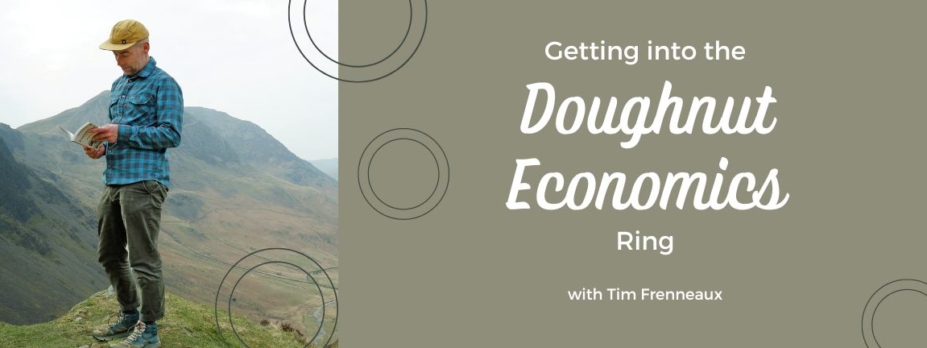
Thu 02 May '24
Thinking outside of the box, and getting into the (doughnut economics) ring, with Tim Frenneaux
We caught up with rebel economist, Tim Frenneaux to talk about Doughnut Economics; what it is and how it’s possible for businesses to shape a greener and more equitable future.

Mon 22 Apr '24
Biodiversity and Regeneration: The Necessity to Action Change
We discuss why biodiversity is so important to the future of our planet with Helen Neave.
